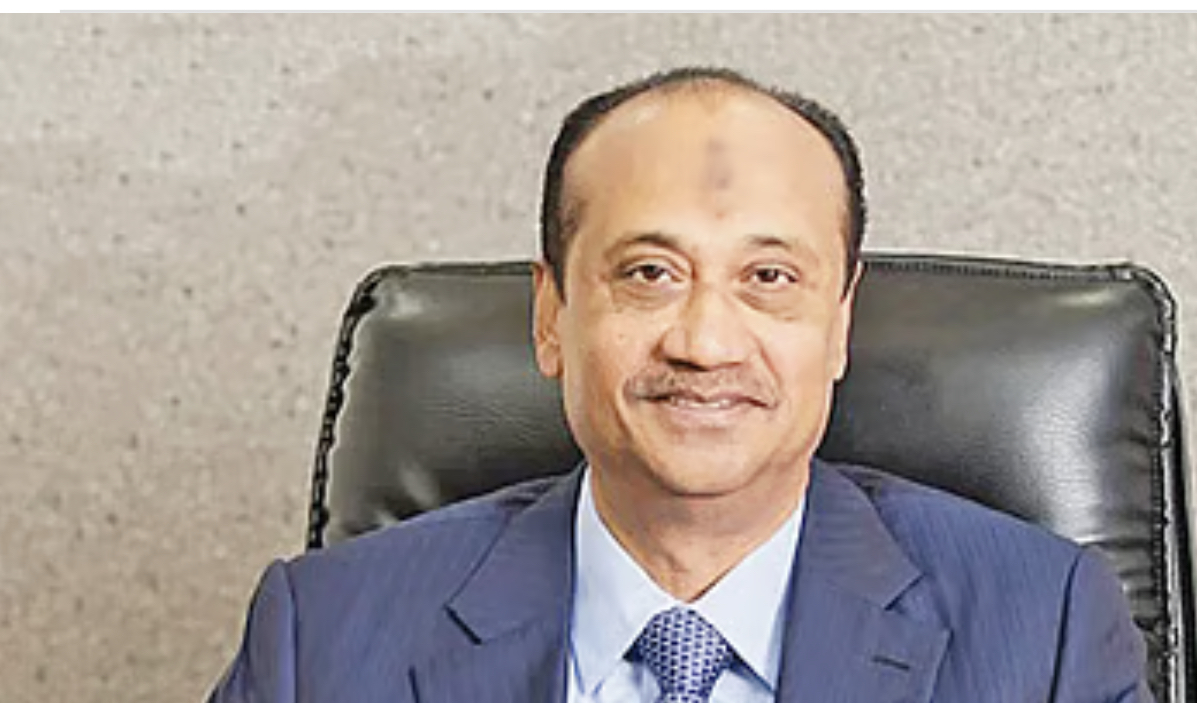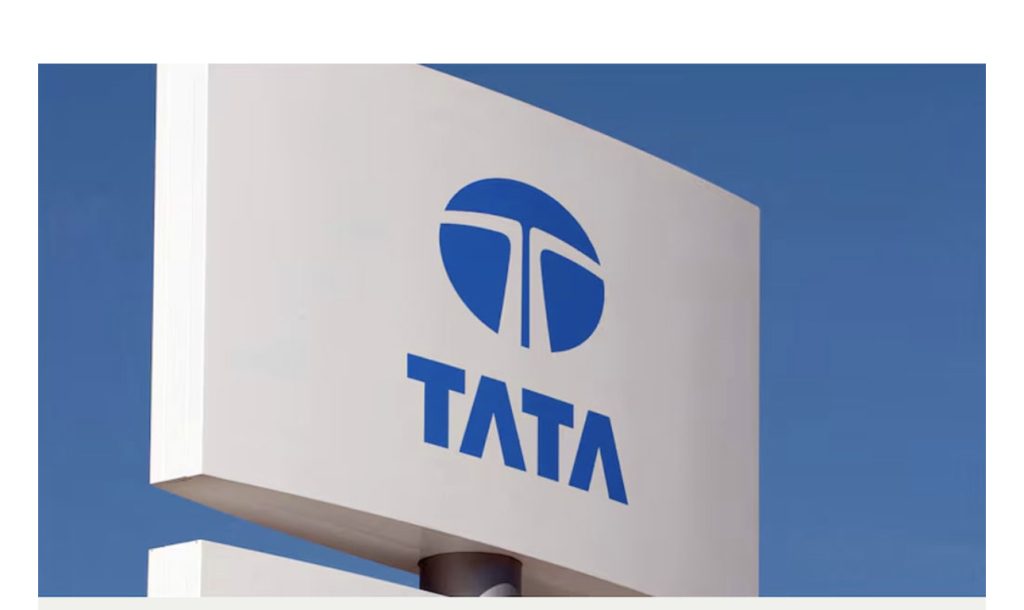One of Bangladesh’s wealthiest business families, S Alam and his relatives, has initiated international arbitration proceedings against the Bangladeshi government. They claim the government’s actions to recover assets, alleging illicit transfer, are causing them hundreds of millions of dollars in damages.
The Legal Challenge
The lawyers representing Mohammed Saiful Alam, the founder and chairman of the criticized S Alam Group, and his family, filed the request on Monday at the International Centre for Settlement of Investment Disputes (ICSID), which is part of the World Bank in Washington. The news was first reported by the London-based Financial Times this morning (Wednesday).
The S Alam family alleges they have been specifically targeted by the Bangladesh government’s interim administration through punitive measures, including arbitrary asset seizure, confiscation, and value destruction. These actions began after the fall of Sheikh Hasina’s government on August 5, 2024, and the formation of the current interim government led by Professor Muhammad Yunus.
A Major Test for the Interim Government
This case could pose a significant challenge to the Yunus-led interim government. The government has made asset recovery a cornerstone of its mandate, claiming that hundreds of billions of dollars were siphoned out of the country during Sheikh Hasina’s 15-year rule. A white paper committee formed by the interim government reported that approximately $234 billion was laundered during that period.
Bangladesh Bank Governor Ahsan H. Mansur, who is spearheading the recovery efforts, has publicly accused the S Alam family of siphoning around $12 billion from the country’s banking system, questioning, “Where did this money go?”
The S Alam Group has consistently and vehemently denied these allegations, calling Governor Mansur’s accusations baseless.
The family had previously warned the Yunus government last December that they would pursue arbitration if the dispute was not resolved within six months, a path they have now formally taken.




